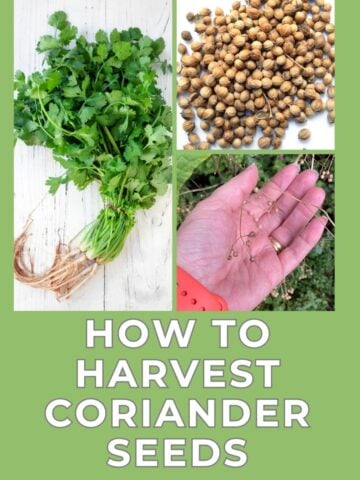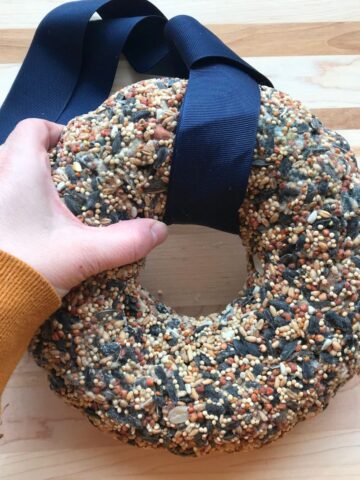
Did the latest study state that organic produce is less nutritious than conventionally farmed food? Nope. Is it possible for society to make the fundamentally better choice? In our home, we try our best. We are trying to build a better world for our children. We are trying to support farmers who grow food in a safe way. Safer for my kids, safer for our groundwater, safer for our birds, safer for our bees, safer for our livestock, safer for those who grow the food, safer for those who harvest our food, safer.
Looking for more ways to connect with your kids, why not follow Kitchen Counter Chronicles on Facebook, Pinterest, Google + and Twitter.





Kim Payne says
What a wonderful reminder! I was very frustrated by the new research that came out recently. We don't buy organic for more nutrition. We buy organic for what it DOESN'T have and what it can do for our planet.
Jen Farr says
Thanks Kim...I was hoping others would share this opinion. Couldn't agree more.